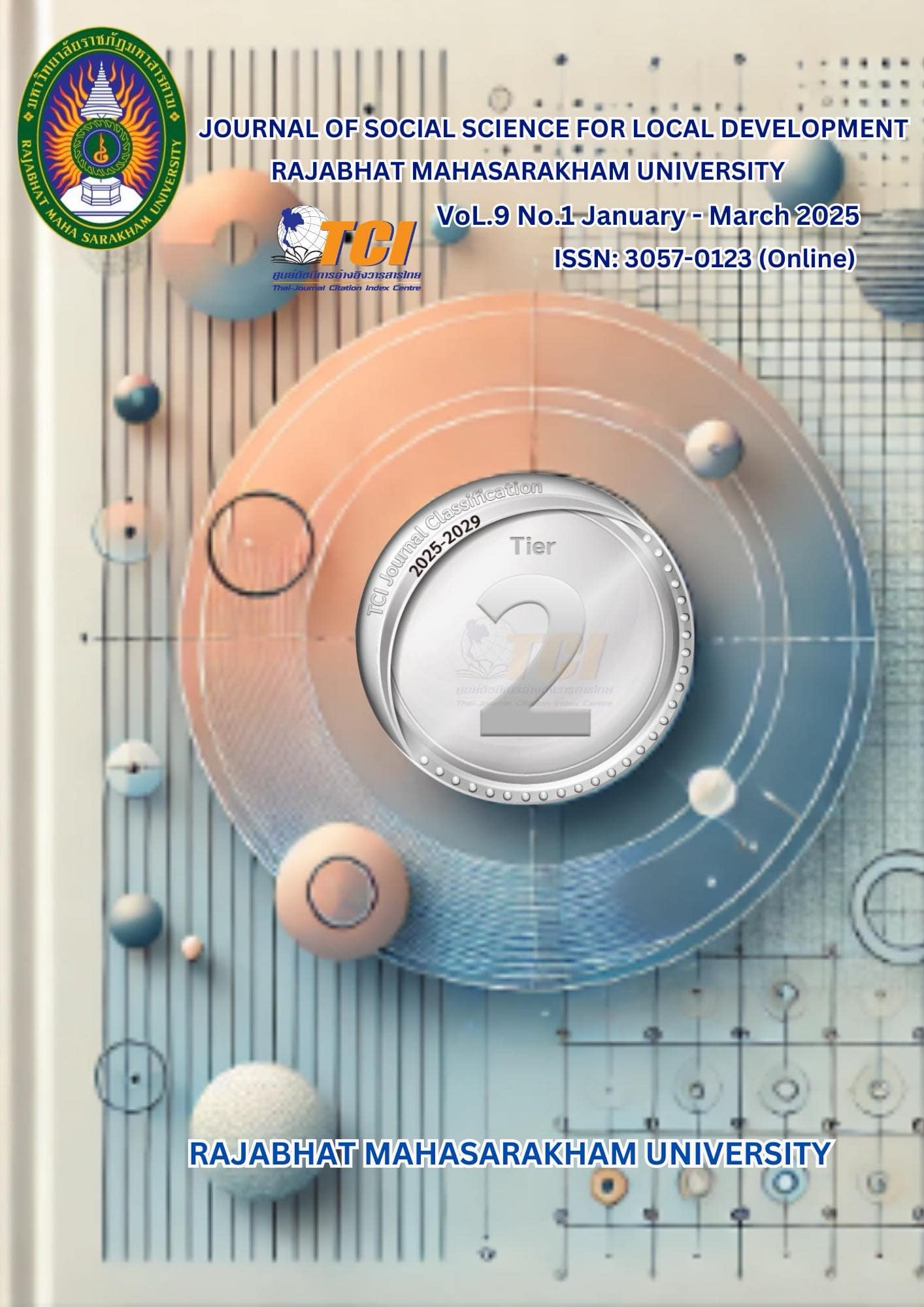The Innovative Leadership of School Administrators Affecting the Educational Innovation of Teachers under the Primary Educational Service Area Office Nakhon Si Thammarat 1
Keywords:
Innovative Leadership, Educational Innovation, School AdministratorsAbstract
This research consists purposes were 1. to study the Innovative Leadership of School Administrators Affecting the Educational Innovation of Teachers under the Primary Educational Service Area Office Nakhon Si Thammarat 1 2. to study the educational innovation of teachers under the Office of the Primary Educational Service Area Office Nakhon Si Thammarat 1 3. to study the innovative leadership of school administrators that affects the educational innovation of teachers under the Office of the Primary Educational Service Area Office Nakhon Si Thammarat 1 and 4. to study the guidelines for developing innovative leadership of school administrators that affect the educational innovation of teachers under the Primary Educational Service Area Office Nakhon Si Thammarat 1. This research is a combination of quantitative and qualitative research. The research instruments are a 5-level rating scale questionnaire and a structured interview form. The sample group is 293 people. The sample size is calculated using the sample size table of Krejcie & Morgan (1970) and stratified random sampling with simple random sampling. The target group is 10 people who are selected by purposive sampling. The data collected from the questionnaires are analyzed using descriptive statistics, including frequency distribution, percentage, mean, and standard deviation. The data from the interviews are analyzed in content analysis. The findings reveal that 1) the innovative leadership of school administrators is at the highest level (x̅= 4.54, S.D.= 0.56) 2) the educational innovativeness of teachers is at the highest level (x̅= 4.58, S.D.= 0.54) 3) analysis shows that the innovative leadership qualities influencing educational innovativeness of teachers include creativity, ethics, vision for change, and creating an innovative organizational atmosphere and 4) the innovative leadership of school administrators significantly affects the educational innovativeness of teachers at the 0.1 level, with a predictive capacity of 84.0 percent.


